The Vancouver Passage
The year is 1990. South Korea's rapid development has created a new middle class, but also new anxieties. Anti-American sentiment is rising. Environmental pollution chokes Seoul. The pressure on children to succeed in Korea's brutal education system drives families to desperate measures.
You've heard stories of Canada - a land where children can breathe clean air, where education nurtures creativity instead of crushing it, where hard work is rewarded fairly. The exchange rate makes your savings worth something there.
But you've also heard other stories. Whispered tales of "No Asians" signs, of PhDs cleaning toilets, of families torn apart by the stress of starting over.
Still, you've made your choice. You've sold your apartment, quit your job, and bought one-way tickets to Vancouver. There's no turning back now.
Historical Context: Korean Immigration to Vancouver
The Immigration Act of 1976
Canada's point system favors educated, skilled workers - but doesn't recognize foreign credentials. You need 67 points based on education, language skills, and work experience. The process takes 12-24 months of uncertainty.
Vancouver in 1990
• Korean population: Under 5,000 (will grow to 19,000 by 1996)
• Housing discrimination is legal - racial covenants still exist in property deeds
• The "Monster House" controversy targets Asian families
• No Korean supermarkets, few Korean churches
• Exchange rate: 1 CAD = 550 Korean Won
What You're Leaving Behind
• Extended family support networks
• Professional status and recognition
• Language fluency and cultural comfort
• Established social position
What Awaits You
• "No Canadian Experience" - the catch-22 that keeps you out of professional jobs
• Children forced to become family translators
• Average Korean immigrant income: 67% of Canadian average
• 43% of Korean families below poverty line despite high education
Your Background
Many types of people made this journey. Each faced unique challenges and opportunities.
1. University Professor from Seoul
You taught economics at a prestigious university. You have a PhD and published papers, but Canadian universities don't recognize Korean academic credentials.
• Starting Money: $15,000 CAD (life savings)
• English: Academic but not conversational
• Special: Can tutor Korean students
2. Small Business Owner from Busan
You ran a successful restaurant in Korea. You understand business but Canadian regulations and customer expectations are completely different.
• Starting Money: $25,000 CAD (sold business)
• English: Basic business phrases
• Special: Entrepreneurial experience
3. Engineer from Daegu
You designed buildings in Korea, but the Canadian engineering association won't recognize your degree without years of expensive recertification.
• Starting Money: $18,000 CAD
• English: Technical vocabulary only
• Special: Problem-solving skills
4. Nurse from Gwangju
You worked in a major hospital, but Canadian nursing licenses require perfect English and Canadian clinical experience you can't get without a license.
• Starting Money: $12,000 CAD
• English: Medical terms but poor conversation
• Special: Healthcare knowledge
